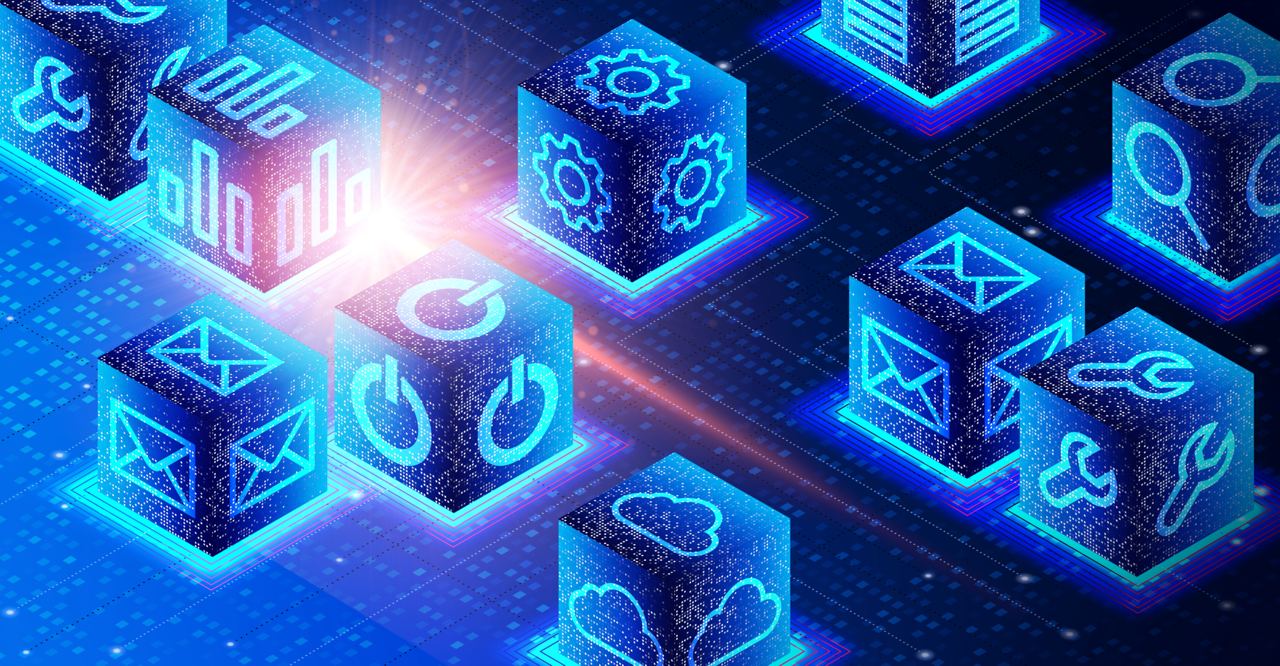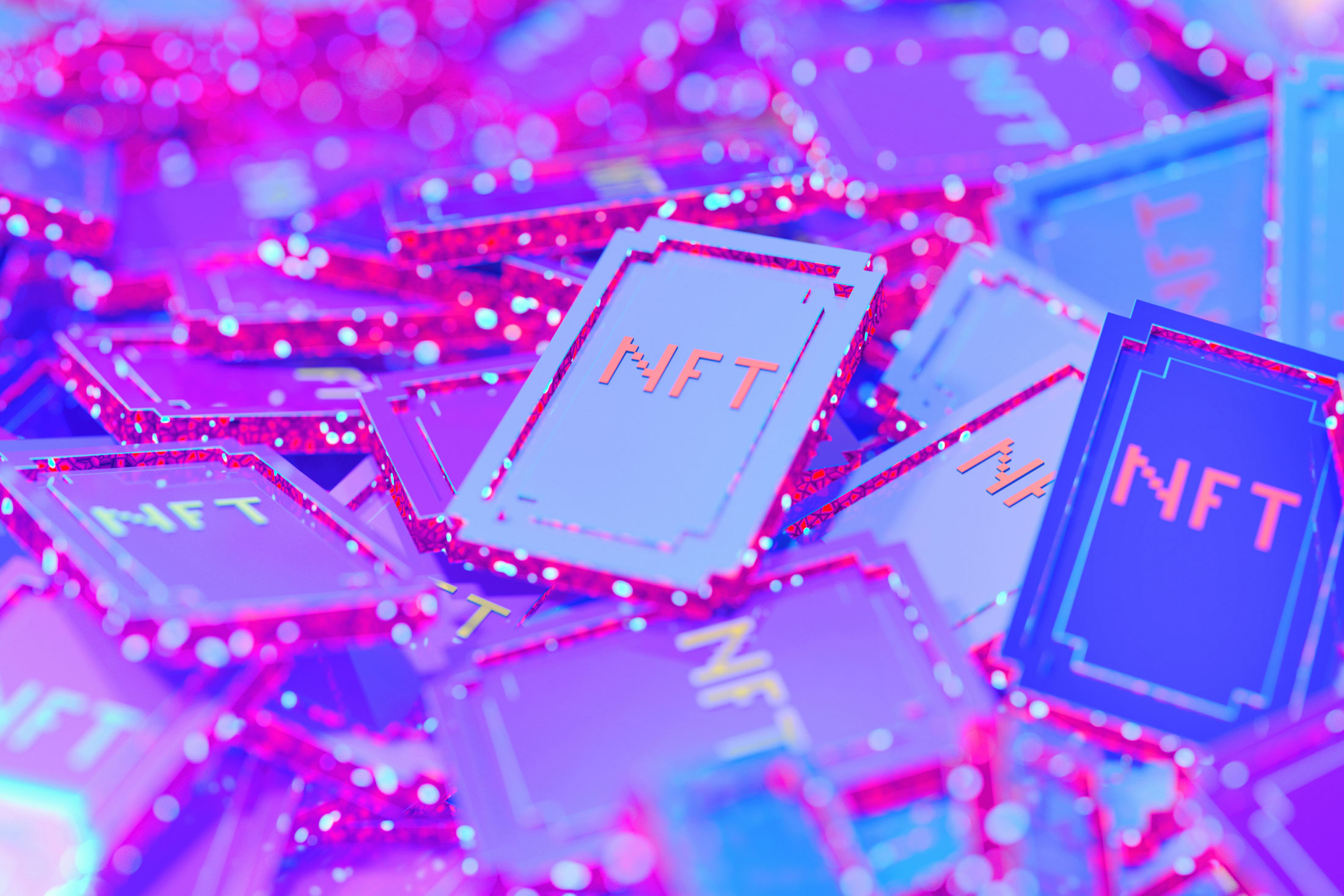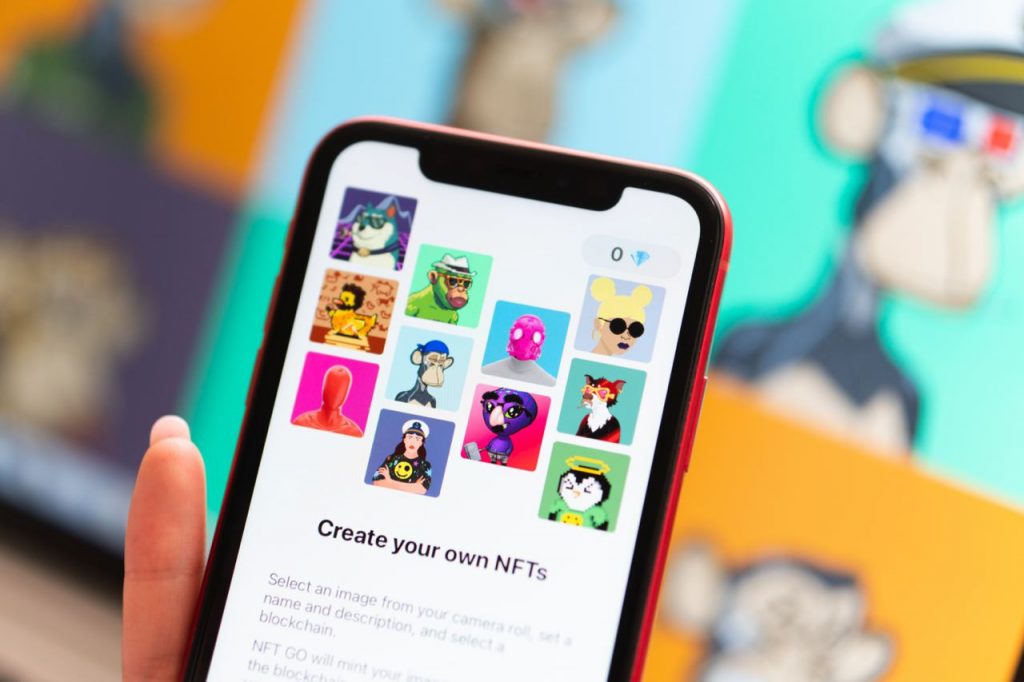Blockchain technology has been making waves in the tech world, with its potential to revolutionize industries and change the way we conduct transactions. As a decentralized and secure ledger, blockchain has the power to transform the way we store and share data and offer greater transparency and trust in our digital interactions.
In this article, we will explore the basics of blockchain development, from the underlying technology and concepts to the practical applications and potential future advancements.
Whether you’re a seasoned developer or just starting, this post will provide valuable insights into blockchain development.

Brief statistics
- According to a report by MarketsandMarkets, the global blockchain market size is projected to grow from $3.0 billion in 2020 to $39.7 billion by 2025 at a compound annual growth rate (CAGR) of 67.3%.
- A survey conducted by Deloitte found that 53% of respondents believe that blockchain technology has become a critical priority for their organization, and 83% see compelling use cases for blockchain in their industry.
- According to a report by Grand View Research, the global blockchain-as-a-service (BaaS) market size is expected to reach $30.6 billion by 2028, growing at a CAGR of 39.5% from 2021 to 2028.
What is Blockchain App Development?
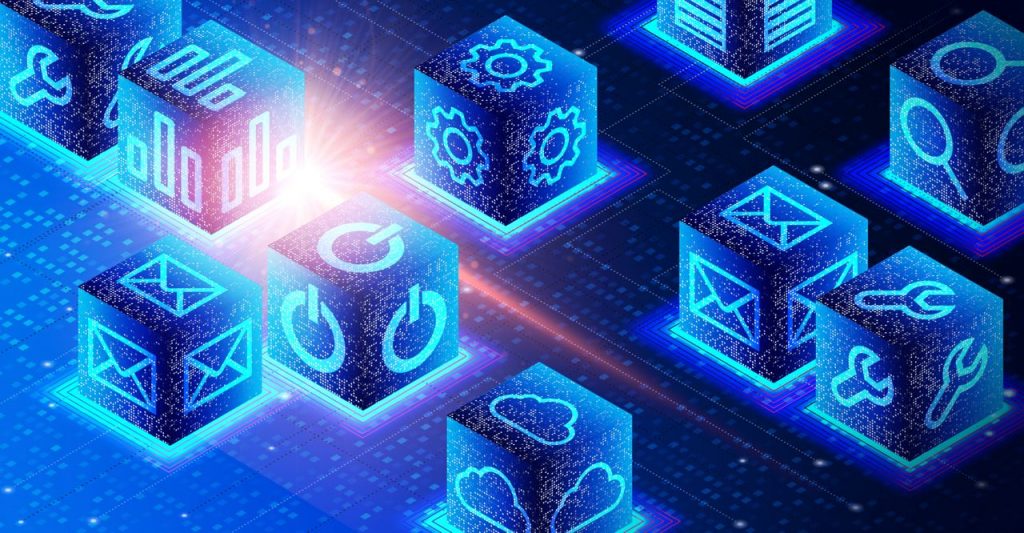
Blockchain technology has been around for over a decade and is now gaining popularity in app development.
“Blockchain is a decentralized and secure ledger that allows data to be stored, verified, and shared across a network of computers without the need for a central authority.”
This technology has various use cases, including cryptocurrency, supply chain management, and digital identity.
In app development, blockchain technology offers users enhanced security, transparency, and privacy, making it an ideal solution for applications requiring these features. Blockchain app development involves creating decentralized applications (dApps) that run on blockchain networks.
These apps can be used for various purposes, from finance and healthcare to gaming and social media. As blockchain technology evolves, we expect more innovative use cases and applications. At FSSP we help our clients with Web3 projects, Blockchain and Smart Contracts, solidity development. If you have any issues with your existing project or would like to run a new one, let us know and we will help you.
How Does Blockchain Work in Web Development?
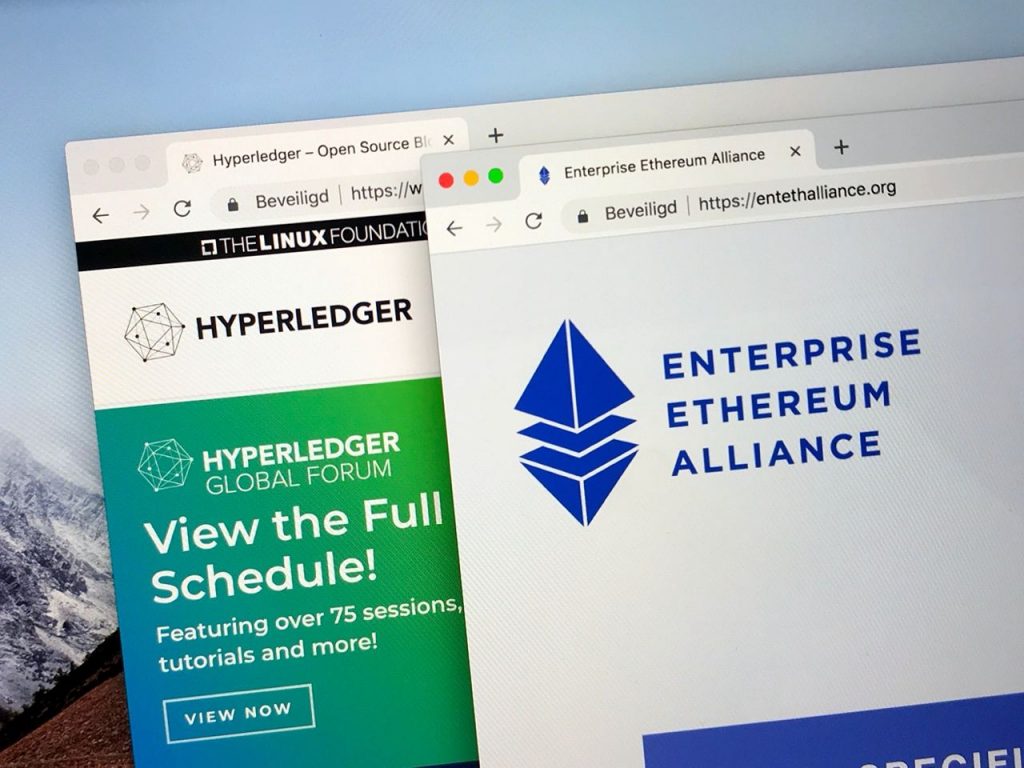
Well, blockchain technology can create decentralized applications (DApps) that operate independently of a central authority. This means that DApps are more secure, transparent, and resistant to censorship or hacking. Blockchain can also be used to create smart contracts, which are self-executing contracts with the terms of the agreement directly written into code.
As web developers, it’s essential to understand the potential of blockchain technology and how it can be integrated into our projects.
Many blockchain frameworks and platforms, such as Ethereum and Hyperledger, are already available, providing developers with the tools they need to build decentralized applications.
We know that blockchain technology is changing the face of web development by providing a more secure, transparent, and decentralized approach. If you are a developer, it is highly recommended that you keep an eye on this emerging technology and explore its potential applications in your projects.
Real Word Use Cases of Blockchain Development
From finance to supply chain management, the use cases for blockchain development are numerous and promising.
One of blockchain’s most notable real-world uses is cryptocurrency transactions, which provide a secure and transparent way to transfer funds. But beyond that, blockchain can also be used for digital identity management, voting systems, and even healthcare record-keeping.
In supply chain management, blockchain can track the movement of goods from the manufacturer to the end consumer, ensuring transparency and traceability. Moreover, blockchain can facilitate secure and decentralized peer-to-peer transactions, eliminating intermediaries and reducing transaction fees.
As blockchain technology continues to evolve, we can expect to see even more innovative use cases emerge in the years to come.
What Does a Blockchain Developer Do?

Simply put, a blockchain developer is responsible for creating and maintaining applications that run on a blockchain network. This includes writing code, designing interfaces, and ensuring the security and integrity of the system.
But here, a fundamental question arises: What makes blockchain technology so revolutionary in app development?
The answer lies in its decentralized nature. Unlike traditional apps, which rely on a central server to store and manage data, blockchain-based apps store data across a distributed network of computers. This makes them much more secure, as there is no single point of failure that hackers or malicious actors can target.
Blockchain technology also offers benefits in terms of transparency and immutability. Because every transaction on a blockchain network is recorded in a public ledger distributed across the web, altering or manipulating data without being detected is virtually impossible. This can be especially useful in finance industries where transparency and accuracy are crucial.
Why Use Blockchain Technology in App Development?
So why should app developers consider using blockchain technology in their projects?
The answer is simple: by leveraging the power of blockchain, developers can create apps that are more secure, transparent, and trustworthy than ever before. Whether you’re building a finance app, a social network, or anything in between, blockchain technology can revolutionize how you approach app development.
Here are some reasons why developers might choose to use blockchain technology in app development:
- Decentralization: Blockchain technology allows for a decentralized network where no central authority controls the data. This can help improve security, as there is no single point of failure.
- Transparency: All transactions on a blockchain are visible to anyone on the network, making it a transparent technology. This can help build trust among users.
- Immutability: Once data is added to a blockchain, it cannot be changed or deleted. This can help ensure the integrity of the data and prevent fraud.
- Smart contracts: Blockchain technology allows for the creation of smart contracts, which are self-executing contracts that automatically enforce the rules and regulations of an agreement. This can help automate processes and reduce the need for intermediaries.
- Tokenization: Blockchain technology allows for the creation of digital tokens that can represent assets or currency. These tokens can be used for various purposes, such as payments, rewards, or voting.
- Security: Blockchain technology uses advanced cryptographic algorithms to ensure data security. This can help protect against hacking and other cyber attacks.
- Interoperability: Blockchain technology can be used across different platforms and systems, making it a versatile technology that can be integrated with existing systems.
Conclusion

In conclusion, blockchain has become a promising technology due to its unique features, such as decentralization, transparency, immutability, smart contracts, tokenization, security, and interoperability. These features can offer several benefits to developers, including increased efficiency, automation, and enhanced user experience.
As blockchain technology evolves, we can expect it to become even more widely used across different industries and applications. Therefore, developers should consider integrating blockchain technology into their app development projects to stay competitive and provide their users with more secure and transparent experiences. If you need any help at any stage of your project, let us know and we will guide you through the development process.
